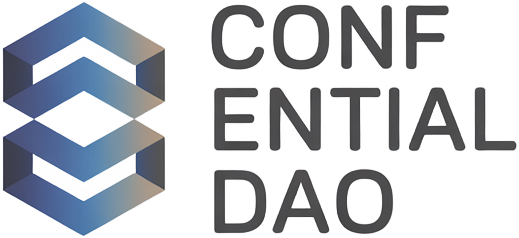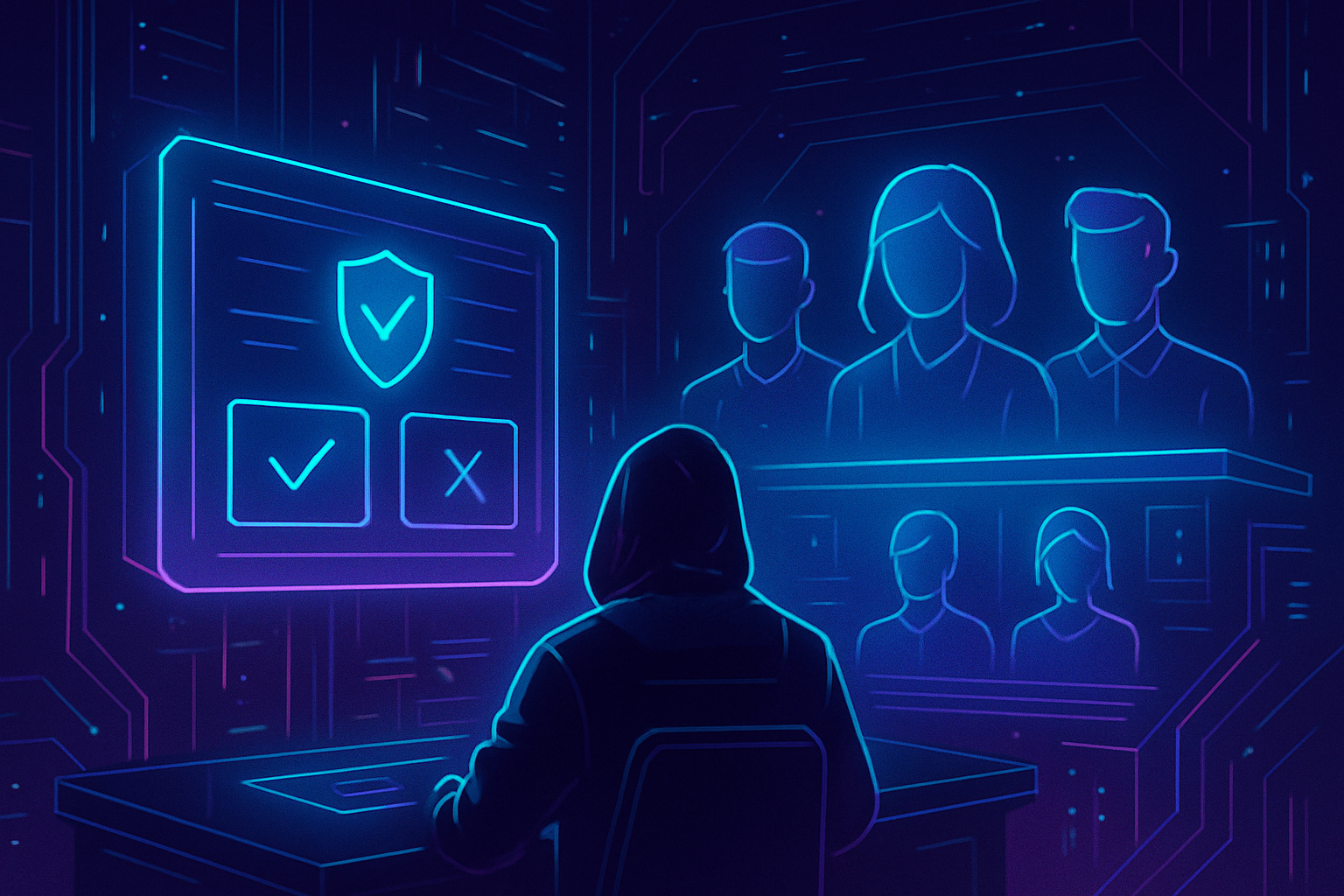
In the rapidly evolving landscape of decentralized governance, confidential voting systems are emerging as a critical innovation for DAOs (Decentralized Autonomous Organizations). As the Web3 ecosystem matures, the limitations of fully transparent on-chain voting have become apparent: while transparency is a core tenet of blockchain, it can expose voters to social pressure, risks of retaliation, and even targeted bribery. By integrating advanced cryptographic techniques, confidential voting DAOs are fundamentally reshaping how decentralized communities make decisions, unlocking more honest participation and protecting member privacy.

Why Transparent Voting Falls Short in DAOs
Traditional DAO governance relies on open ballots, where every vote and proposal is visible on-chain. While this approach ensures accountability, it also exposes significant vulnerabilities:
- Voter coercion: Members may face pressure from whales or influential actors to vote in certain ways.
- Vote buying: Public votes make it easier for bad actors to verify if their bribes worked, undermining fair governance.
- Social pressure: Participants may hesitate to support controversial or minority opinions due to fear of backlash.
This transparency paradox means that the very openness designed to ensure fairness can compromise the independence and integrity of DAO decision-making. As highlighted by recent research (see more here), private voting is essential for preventing corruption and empowering honest participation.
The Cryptographic Toolbox: How Confidential Voting Works
The current wave of innovation in private DAO governance leverages several cutting-edge cryptographic solutions. Each approach balances privacy, scalability, and verifiability in unique ways:
Top Cryptographic Techniques Powering Confidential DAO Voting
-

Threshold Encryption: Used by Shutter Network, this method encrypts votes during the voting period and only decrypts them after the poll closes, ensuring interim privacy and preventing manipulation.
-
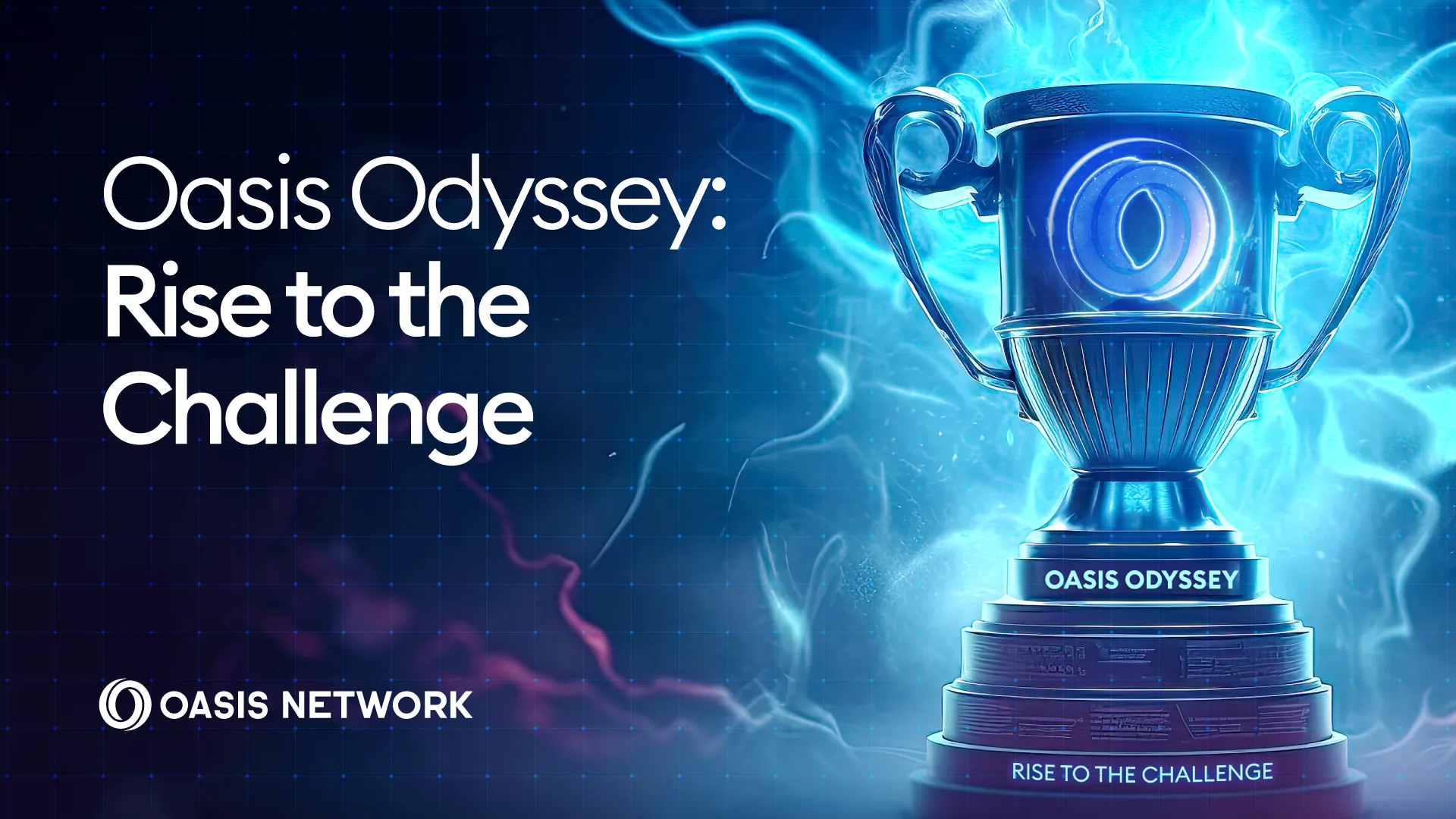
Trusted Execution Environments (TEEs): Platforms like Oasis Sapphire leverage TEEs to run smart contracts in isolated, secure environments, keeping both code and voting data confidential from the outside world.
-
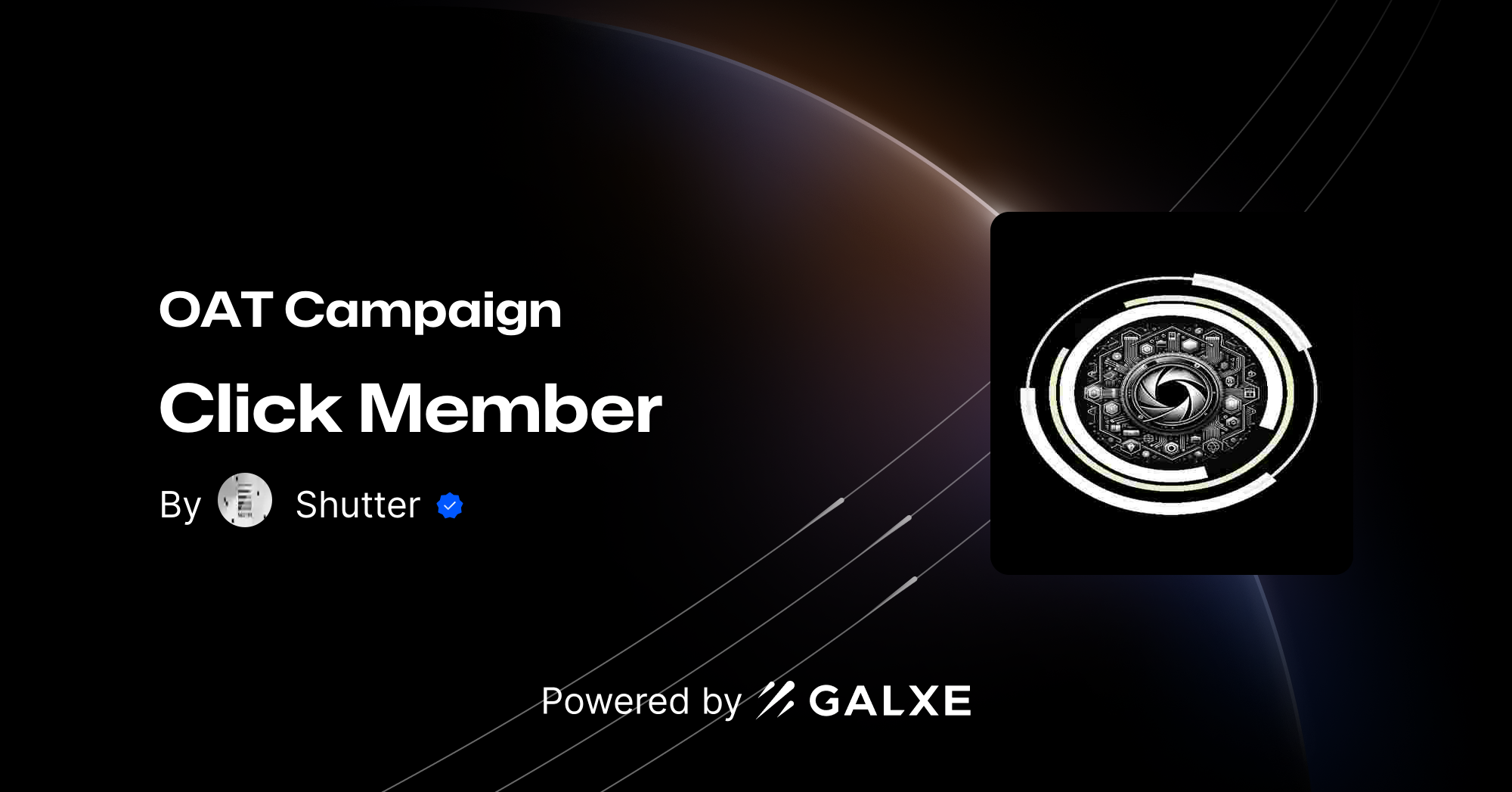
Homomorphic Encryption: Advanced cryptography enabling computations on encrypted votes without decryption. Shutter Network is pioneering permanent shielded voting using ElGamal-based homomorphic tallying for verifiable, private results.
-
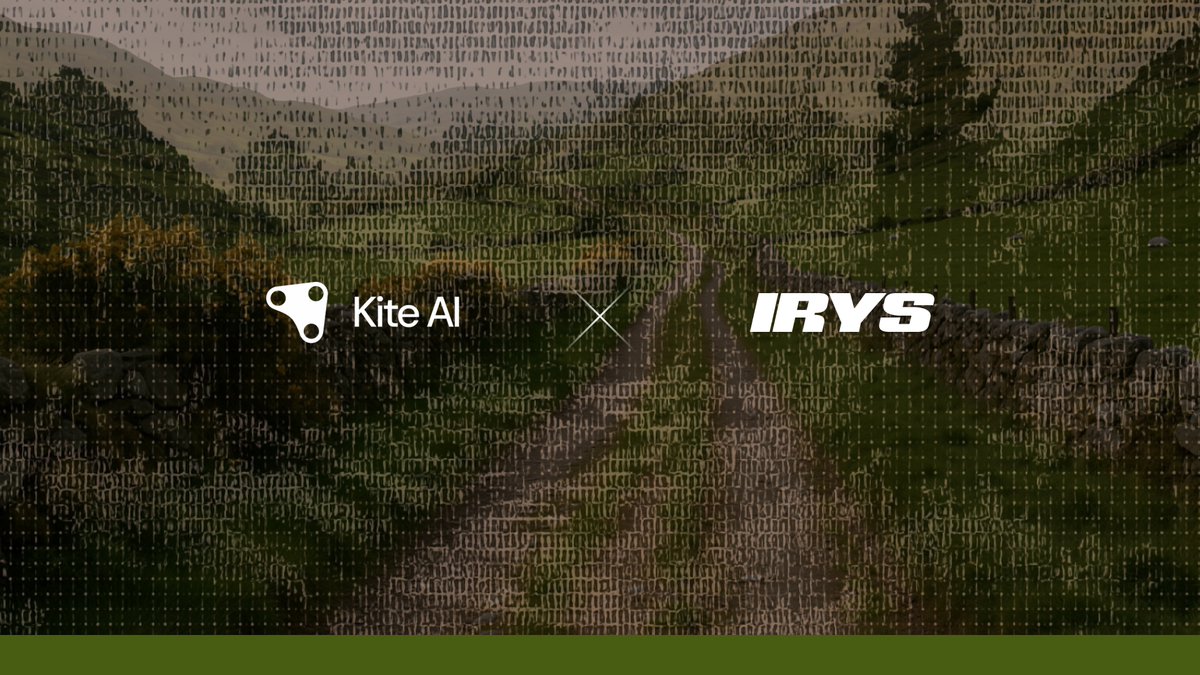
Kite Protocol: An academic protocol allowing private delegation and re-delegation of voting power in DAOs, keeping individual choices hidden while supporting flexible governance. Published on arXiv.
-

B-Privacy Framework: Introduced in recent research, this framework quantifies the economic cost for adversaries attempting to bribe voters and proposes mechanisms to enhance privacy in weighted voting systems. See arXiv for details.
-
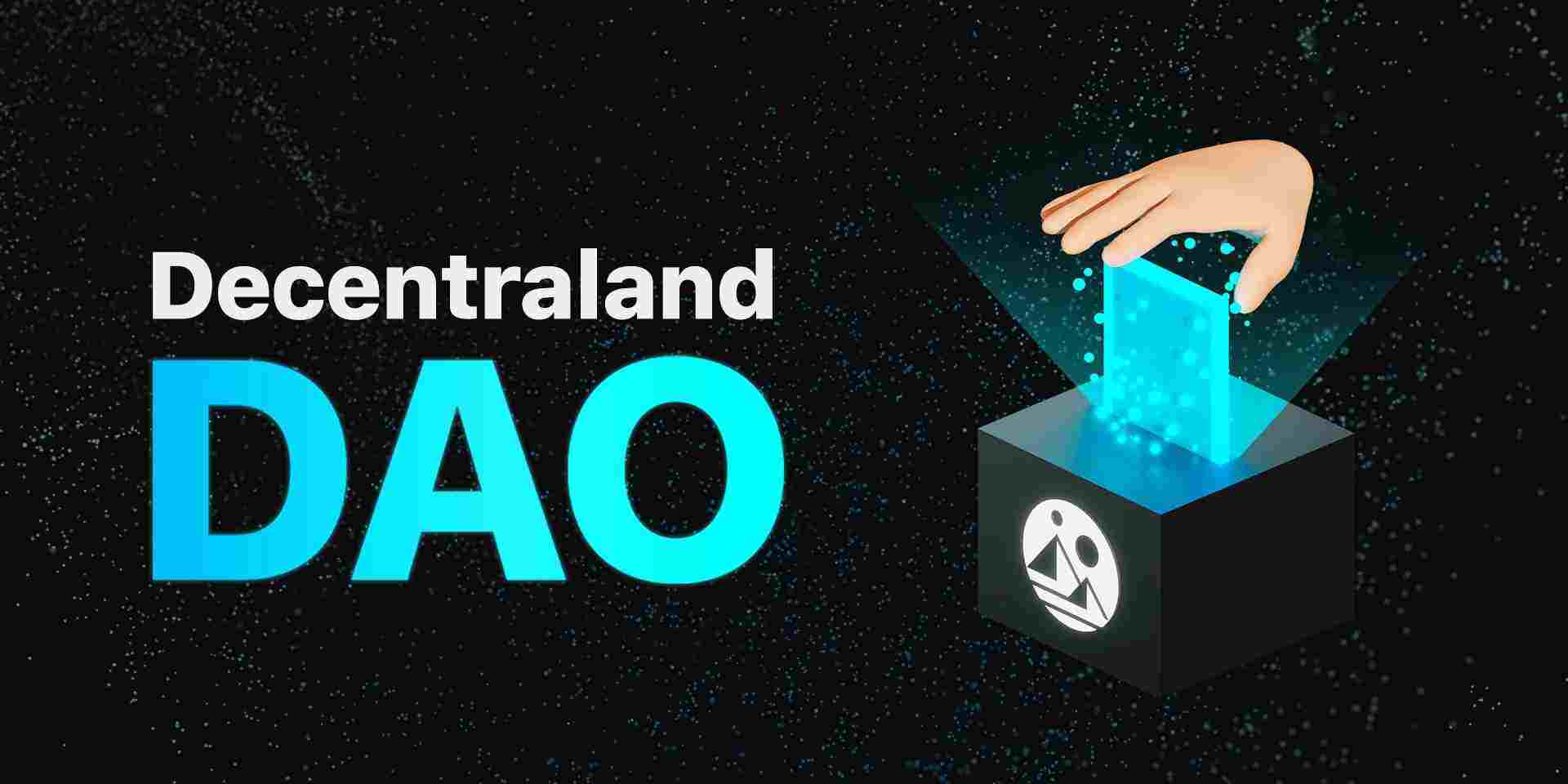
Shielded Voting in Decentraland DAO: Decentraland has proposed implementing shielded voting, encrypting choices during the process to eliminate undue influence and foster honest participation.
Threshold Encryption:
- This technique encrypts each vote during the active voting period, only decrypting them after polls close. Projects like Shutter Network’s Shielded Voting use threshold encryption to ensure no one can see interim results or individual choices until final tallying, significantly reducing opportunities for manipulation.
Trusted Execution Environments (TEEs):
- Sophisticated hardware enclaves such as those used by Oasis Sapphire allow smart contracts to process votes in secure environments. TEEs keep both code and data confidential without requiring DAOs to migrate off their preferred blockchains, a major usability advantage.
Homomorphic Encryption (FHE):
- The holy grail for verifiable confidential votes, FHE allows computations on encrypted data. Votes remain private indefinitely yet can be aggregated into a verifiable tally. Shutter Network’s permanent shielded voting architecture is pioneering this space for DAOs seeking maximum privacy without sacrificing trustlessness.
Pioneering Protocols and Frameworks: Academic Innovations Fueling Adoption
A wave of academic research is further accelerating adoption of private DAO governance by addressing nuanced challenges:
- Kite Protocol: Introduces private delegation, allowing members to delegate or revoke votes without revealing preferences or creating traceable links between delegator and delegatee.
- B-Privacy Framework: Tackles weighted voting privacy by quantifying the economic cost required for adversaries to bribe voters based on what is publicly revealed. This framework enables new mechanisms that balance transparency with robust privacy guarantees.
Together, these innovations are laying the groundwork for scalable, secure systems where voter anonymity does not come at the expense of auditability or trust, a crucial step for complex organizations managing high-value treasuries or sensitive policy shifts.
The Community Push: Real-World Examples Driving Momentum
This isn’t just theoretical progress, several prominent DAOs are piloting shielded voting right now. For instance, Decentraland’s recent proposal seeks to encrypt all vote choices during active polls to eliminate undue influence and boost turnout among privacy-conscious members. Similarly, NounsDAO has rolled out updates showcasing practical advances in secure anonymous on-chain voting using zero-knowledge proofs and other cryptographic primitives.
These real-world pilots are crucial for demonstrating that confidential voting DAOs can achieve both verifiable governance and strong privacy guarantees. As more communities experiment with shielded ballots, the industry is learning what works at scale and where further optimization is needed.
Challenges Ahead: Balancing Privacy, Trust, and Participation
No privacy solution is without trade-offs. As confidential voting systems mature, DAOs must grapple with several persistent challenges:
- Transparency vs. Privacy: While fully private votes protect individuals, too much opacity can erode trust in outcomes. Robust public audit trails and cryptographic proofs (like zero-knowledge proofs) are essential to maintaining legitimacy.
- Scalability: Advanced techniques such as FHE or threshold encryption require significant computational resources. Large-scale DAOs need optimized protocols to ensure smooth user experiences without latency or prohibitive costs.
- Sybil Resistance: Preventing fake identities from influencing votes remains a core concern. Integrating decentralized identity solutions or reputation systems, without compromising privacy, is an active area of research.
The good news? The open-source ethos of Web3 means these challenges are tackled collaboratively, with new standards and best practices emerging rapidly across the ecosystem.
Best Practices for Implementing Confidential Voting in DAOs
-
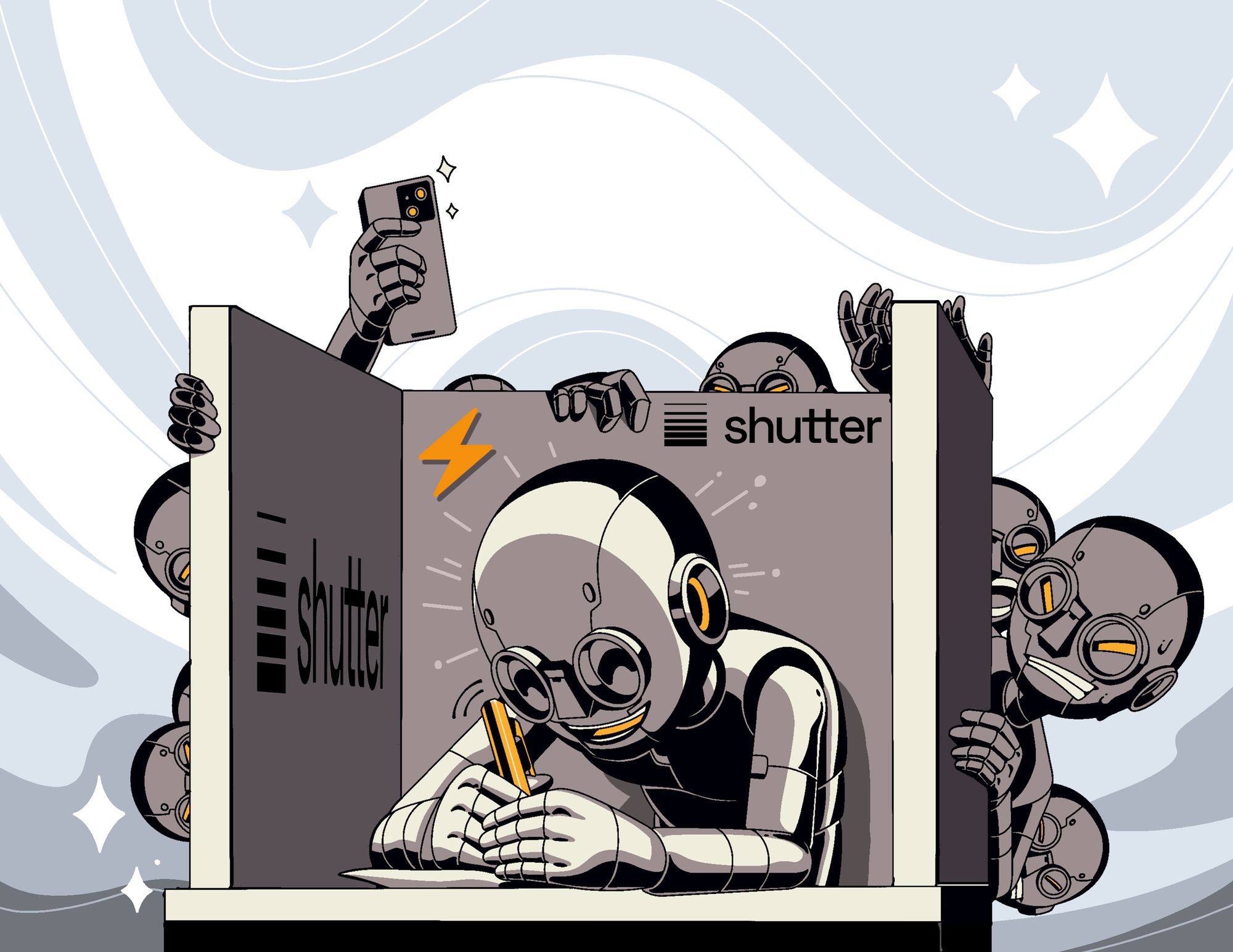
Utilize Threshold Encryption for Vote PrivacyAdopt threshold encryption solutions, such as Shutter Network’s Shielded Voting, to ensure that votes remain confidential during the voting period and are only decrypted after the poll closes. This prevents early vote disclosure and reduces the risk of voter coercion.
-
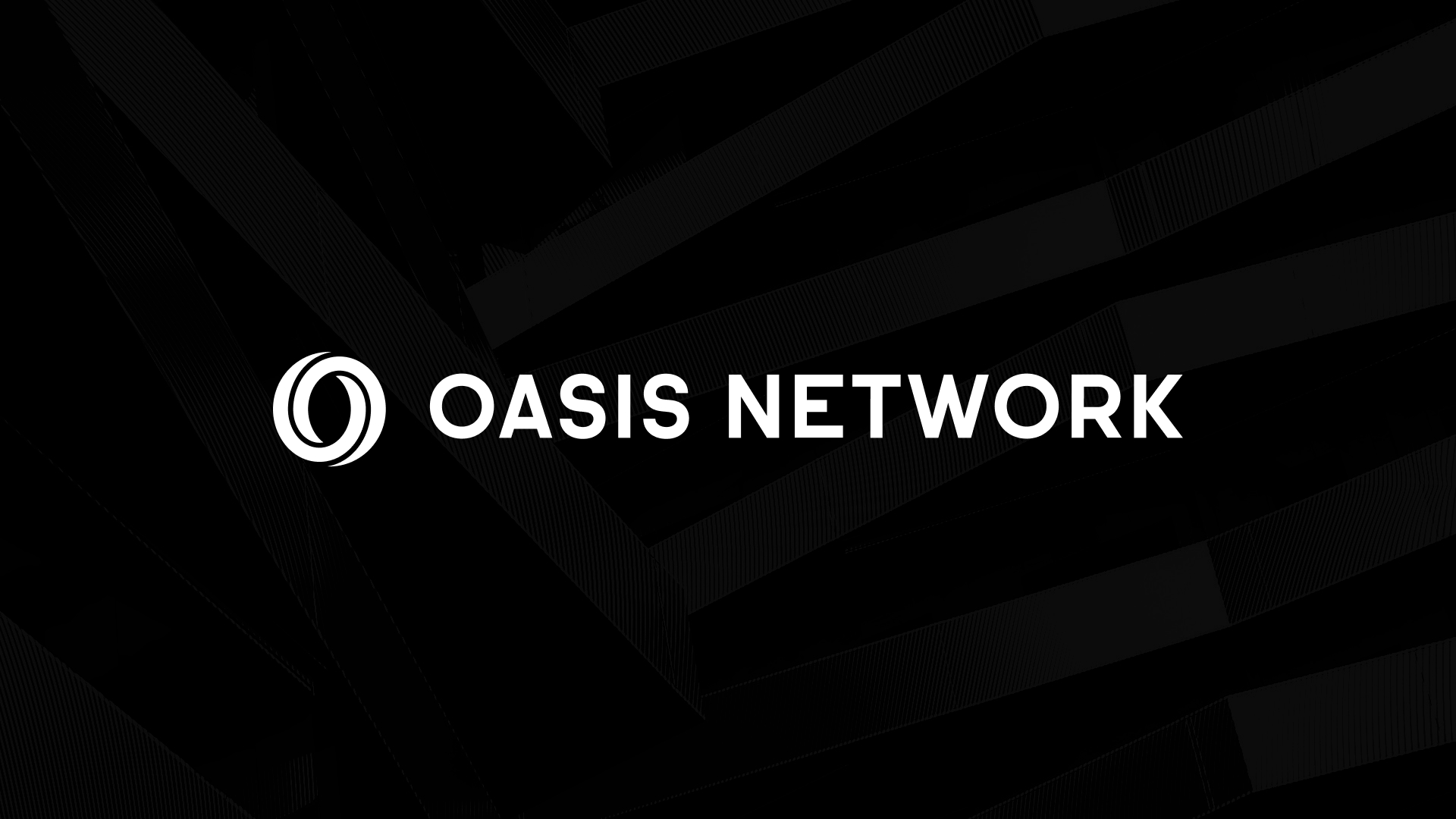
Leverage Trusted Execution Environments (TEEs)Implement confidential voting using TEEs like Oasis Sapphire, which securely executes smart contracts and protects both code and data, enabling privacy without requiring DAOs to migrate blockchains.
-
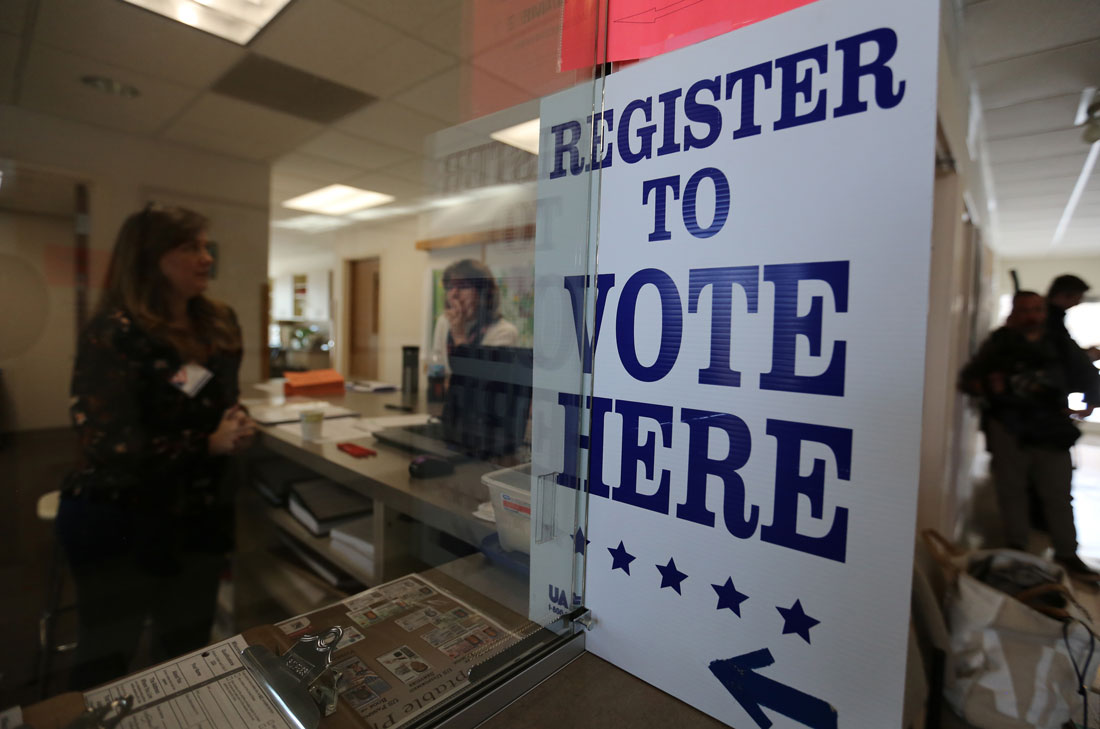
Adopt Homomorphic Encryption for Verifiable PrivacyIncorporate homomorphic encryption, as explored by Shutter Network, to allow computation on encrypted votes. This technique enables permanent vote privacy while still supporting transparent and verifiable tallying.
-
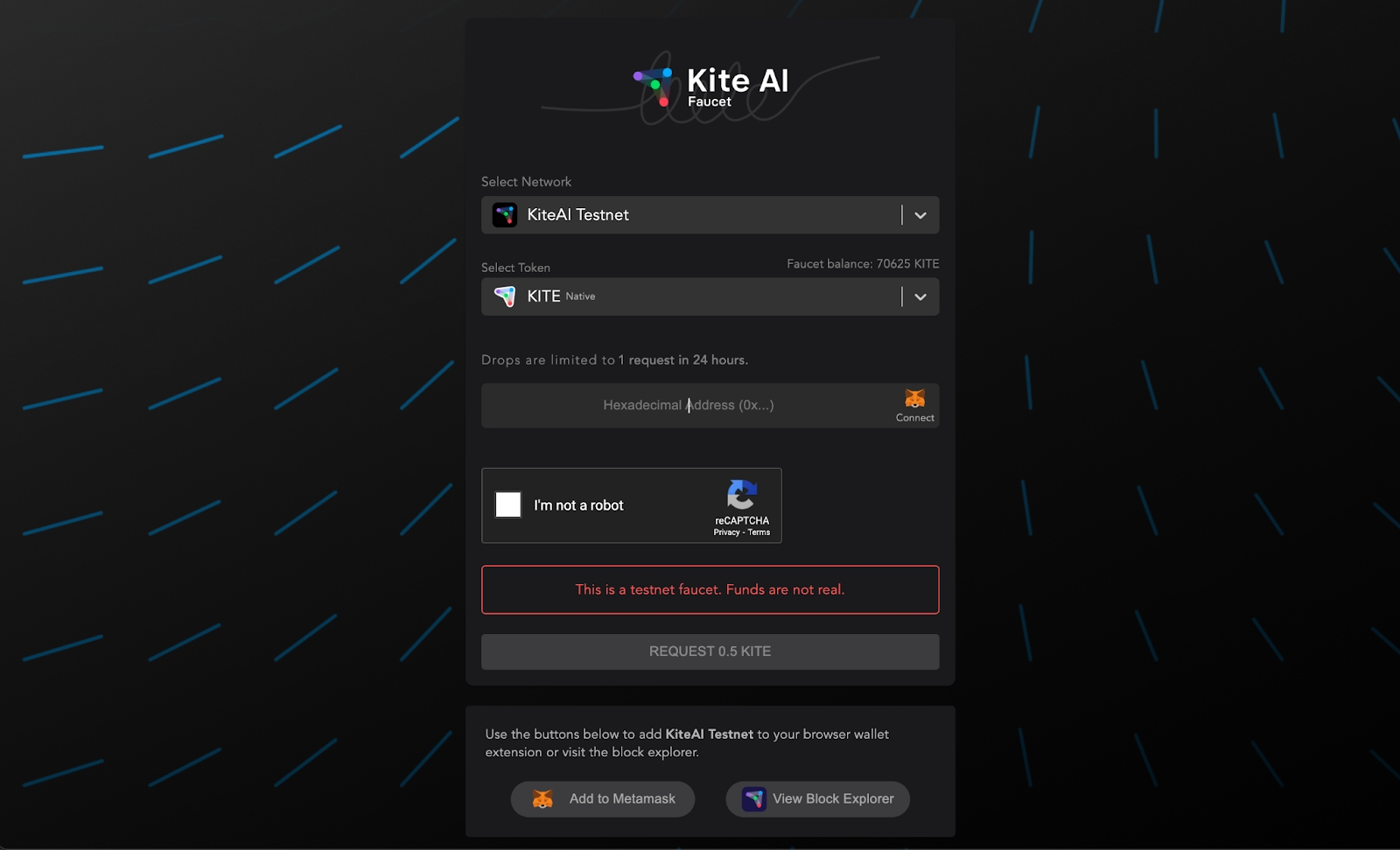
Integrate Privacy-Preserving Delegation ProtocolsConsider research-backed protocols such as Kite, which enable private delegation, revocation, and re-delegation of voting power without revealing voter choices, enhancing both privacy and flexibility.
-
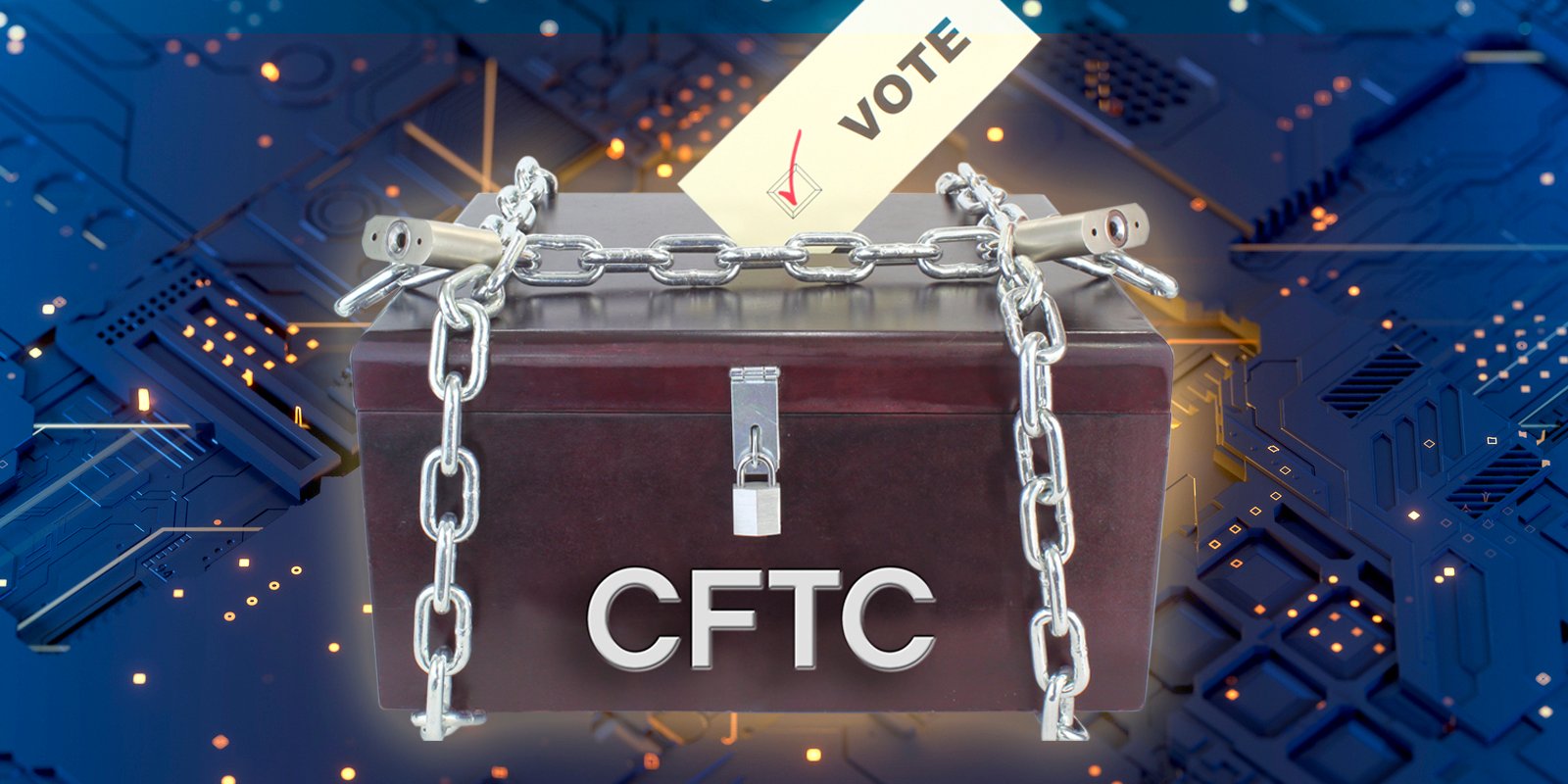
Balance Transparency and Privacy with B-Privacy FrameworksApply frameworks like B-Privacy to measure and manage the economic risks of bribery and ensure that privacy enhancements do not compromise the verifiability of the voting process.
-
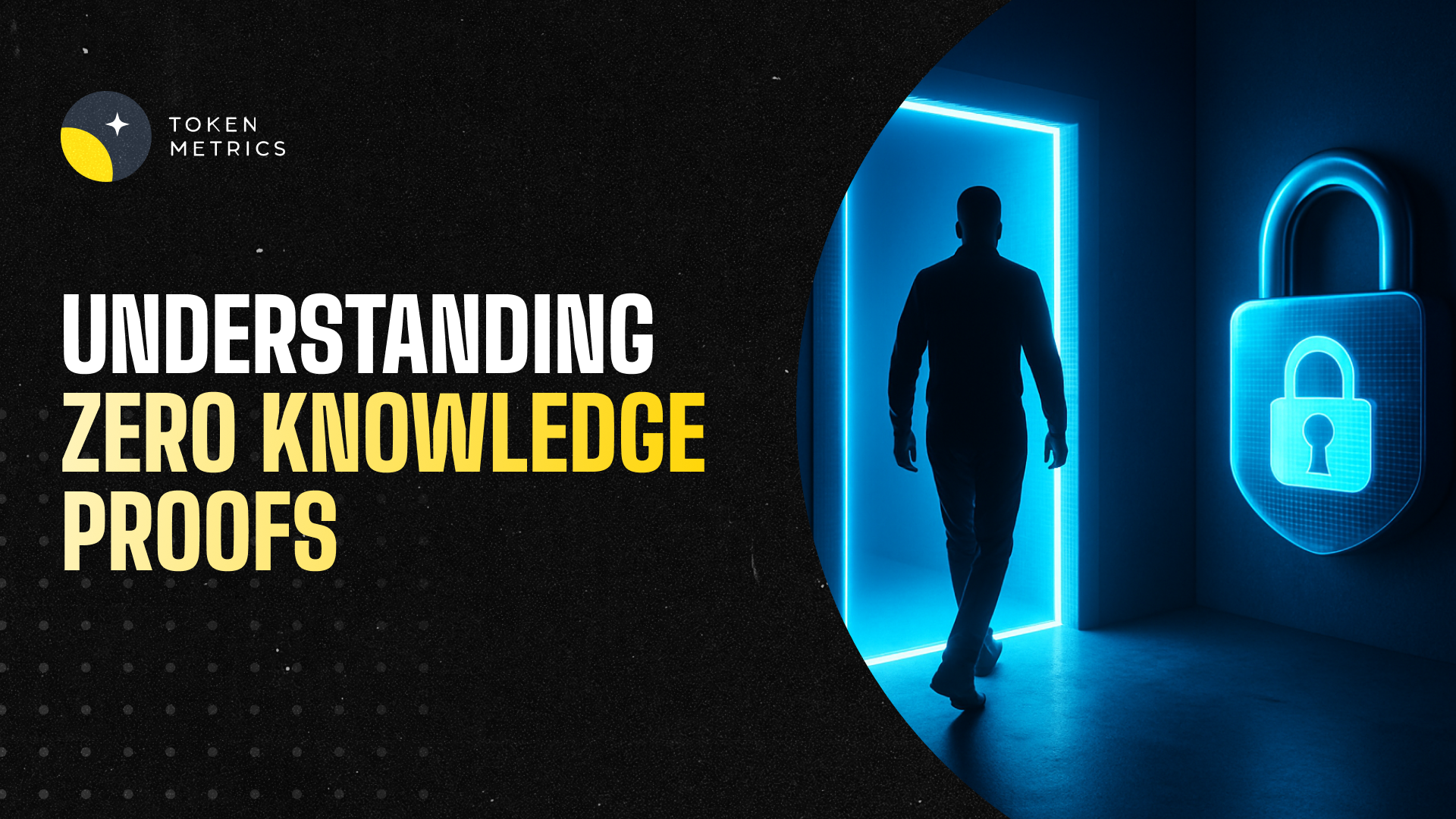
Address Sybil Resistance with Privacy-Preserving Identity SolutionsIntegrate identity verification mechanisms that prevent Sybil attacks—such as zero-knowledge proofs—without exposing user identities, maintaining both integrity and privacy in voting.
-

Engage the Community in Shielded Voting InitiativesFollow the example of Decentraland’s DAO by proposing and piloting shielded voting mechanisms to boost participation and reduce undue influence within your community.
Why Confidential Voting Matters for DAO Evolution
The move toward private DAO governance isn’t just a technical upgrade, it’s a philosophical shift. By protecting voters from retaliation and bribery, confidential voting unlocks more honest debate, encourages participation from minority voices, and ultimately leads to better decisions for decentralized communities. This is especially critical as DAOs manage larger treasuries and become responsible for increasingly complex policy choices.
The market’s momentum is clear: from NounsDAO to Decentraland, shielded voting is quickly becoming a best practice rather than an experimental edge case. As these systems gain traction, expect new layers of privacy infrastructure, ranging from wallet-level anonymity tools to cross-chain shielded voting protocols, to further empower users.
If DAOs are to fulfill their promise as truly democratic organizations on-chain, then verifiable confidential votes must become the norm, not the exception.
For those seeking deeper technical dives or practical guides on deploying these systems, we recommend exploring our resource hub at How Confidential Voting Empowers Fair Governance in DAOs. The age of transparent-by-default governance is ending; the future belongs to those who can balance openness with privacy.
